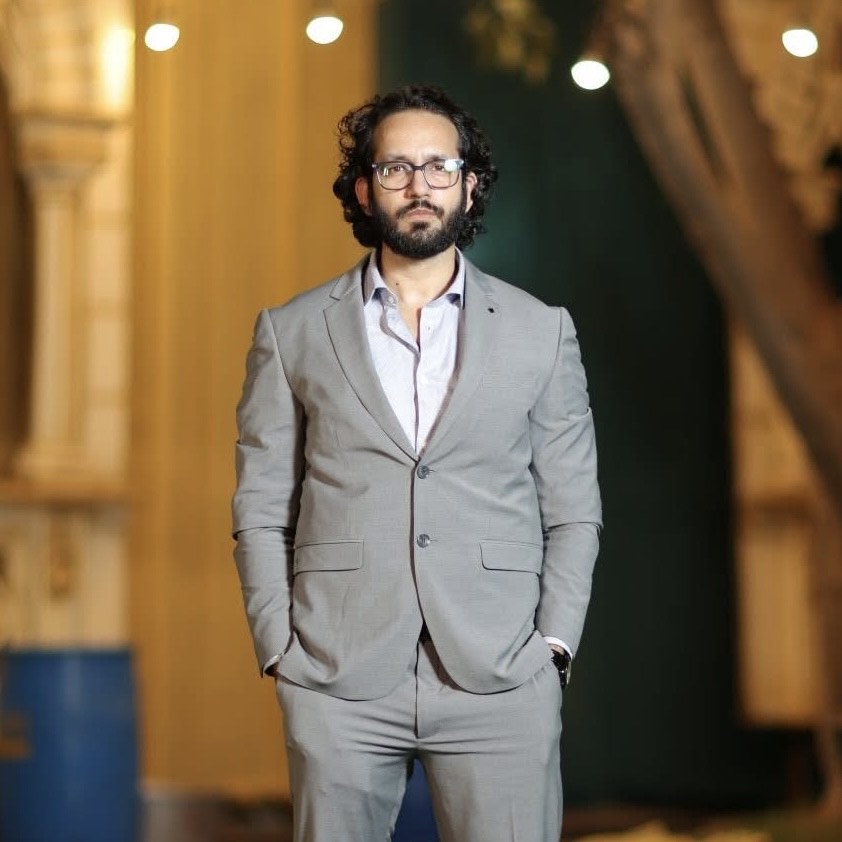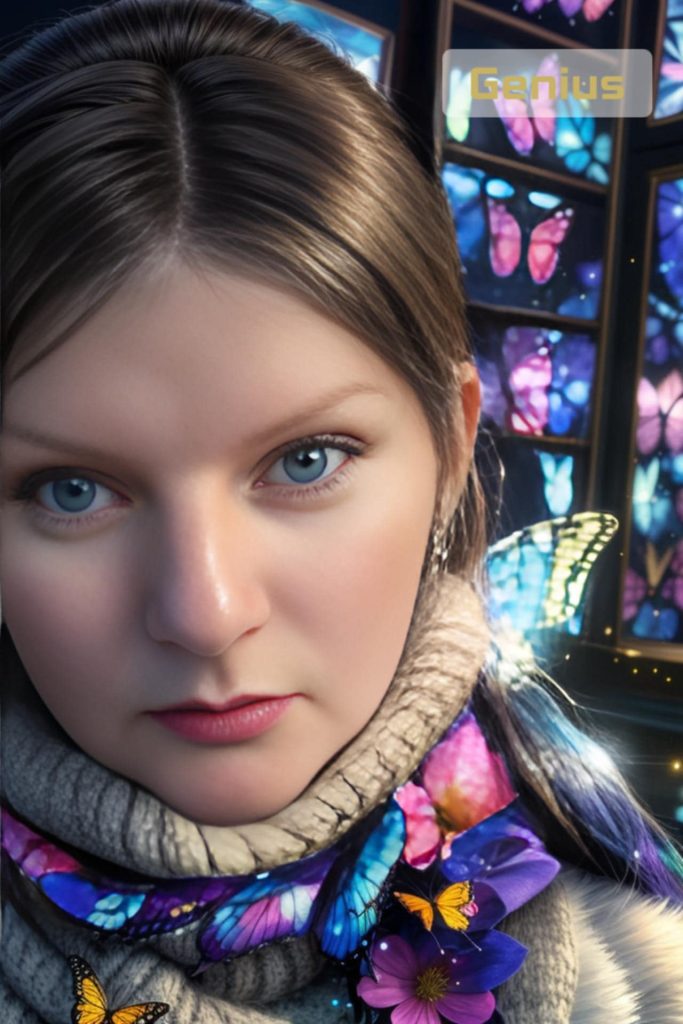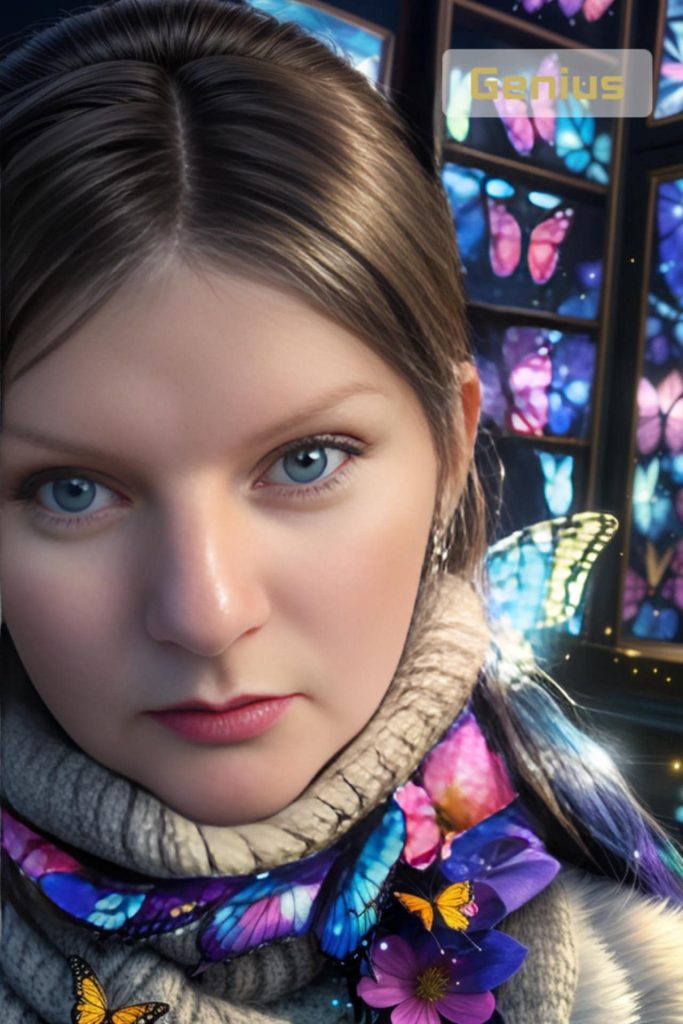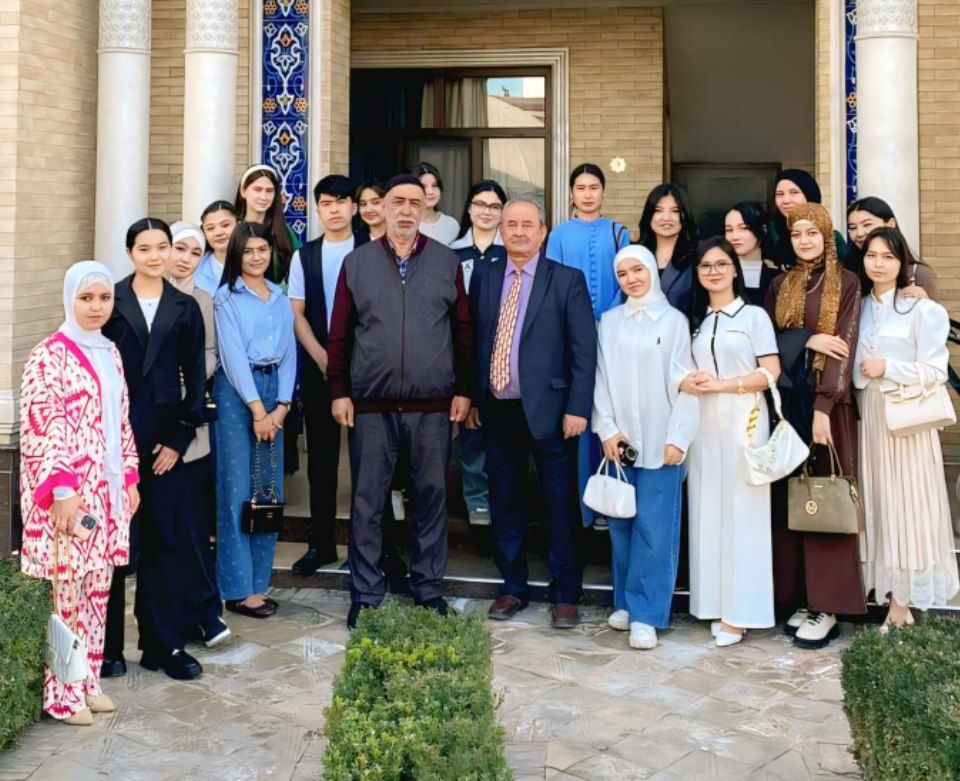Heresy
It was a meeting of the executive board of the church elders and, having conducted all the business at hand, the remaining five men sat around winding down, talking about their wives, their children and grandchildren. Adam, a widower who had never had children, felt a little left out. Mark looked his way and asked, “Adam, what’s new in your life?” Adam felt the others staring at him.
Finally, he replied, “I have a friend in New York, Annie, whom I met through a writers’ circle. I’ve known her for almost a year, and we’ve become pretty close.”
“A long-distance romance, ‘eh?” asked Quinn, with a little wink.
Adam flushed. “No. Not a romance. It’s not like that. We’re both writers and…”
“Is she,” asked John primly, “of our faith?”
“No. Annie is Jewish. Reform.”
This information seemed to fall like a leaden shroud over the group and, taking up the gavel which served as a token of his authority, John smacked it down smartly and the group dispersed.
That evening, Adam reread Annie’s latest email a third time. The woman has a definite way with words, he thought. Always concerned with him and asking after his health. He always tried to reciprocate. The land line jangled, almost preternaturally loud, and Adam jumped. He snatched up the receiver, thinking it was perhaps Annie. All he got was dead air.
After church that Sunday, Adam was confronted in the cloakroom by Laurel, a 60ish widow who’d made no secret that she rather fancied him.
“I understand that congratulations are in order,” she remarked without preamble.
“I beg your pardon?” asked Adam.
“I learned from Joyce”–John’s wife–“that you have a girlfriend in New York,” she said. “What’s her name…Annette?”
“Annie,” he corrected her at once. “And she’s not my girlfriend. We’re just friends. Another writer,” he explained.
“Oh yes,” said Laurel dryly, “your writing. Have you ever earned any money at your…hobby.”
Adam uttered a sigh. “No. Not so far.”
“Well, if you ask me, anything that takes up that much of your day, and you don’t get a paycheck, is a waste of time and effort.”
“You raise a legitimate point, Laurel,” said Adam. She looked at him. “The point being that I never asked you.”
“Humph!” she snapped, and turned on her heel and stalked off.
A day later, standing by his mailbox, Adam added the final flourishes to a playful cartoon he’d sketched in the card he was sending to his friend in New York. The snail mail they exchanged was but another expression of the mutual affection they felt for the other. Adam felt very lucky to have found someone with whom he could be fully honest. He added a complimentary remark about Annie’s latest poem, which she’d given him a peek at prior to submitting it to a journal. It felt good to be trusted, thought Adam.
The following Wednesday, after their business meeting, John gave Adam, who at 80 had stopped driving, a ride home. On the ride, John turned to Adam and said, “I’m not certain you’re exercising good judgement lately, Adam.”
Here it comes, thought Adam. Laurel was John’s sister-in-law, and fallout from their minor dust up was almost inevitable. “Go ahead,” invited Adam. “Say it.”
“Alright, I will,” said John, pulling into Adam’s drive. “You hurt Laurel, Adam. You know she has always had her eye on you ever since Merci died. Joyce and I felt it would be good for you two to come together, be a couple, and worship God and do good works together. Laurel is an attractive woman, Adam.”
“You don’t need to sell me on Laurel, John,” replied Adam. “She is a pretty woman and a good servant of God and will make some man a fine mate. But, not me.” There, he’d said it. Now for the blowback.
“So you have your eye on this New Yorker. May I ask how old she is?” John inquired nosily.
Adam took a deep breath and released it. “She’s 50,” he said.
“Well,” said John stiffly. “Laurel is nearly 70, so I suppose she can’t compete with your little tootsie.” Adam rolled his eyes a little.
“Annie is not in competition with Laurel,” said Adam. “Annie lives 2,400 miles away. She doesn’t even drive; she has narcolepsy,” Adam found himself confiding. “And I don’t drive anymore. So, our getting together, which neither of us has ever even talked about, is problematic. May I confide in you, John?” asked Adam.
John nodded curtly.
“I don’t even want a girlfriend, a lover, a wife. When Merci died three years ago, I was devastated. So much so, that I swore I would never get so attached to another human being. It simply hurt too much.”
“Adam,” said John. “You lost your wife, But, life doesn’t have to stop.”
“And it hasn’t. I began to write after Merci died. I found it cathartic at first, and then I found I had a knack for it. I enjoy it. Annie enjoys it as well, and that was the basis for our friendship at first.”
“And now?” asked John.
“I love Annie, John. I’m not in love with her; I mean I don’t want to live with her or marry her or make love to her. But, I do love her. And I’m not giving her up. She is good-hearted, sharp as a tack and really seems to get me. The church is not always there for me. People have lives, I understand, and I hold it against nobody. But, there it is. Annie and I are there for the other. I consider her my best friend.”
“And is that how this woman feels, too?” asked John next.
“We have discussed our relationship and she knows what I want and I understand her expectations as well. She loves me, too, John.”
“But, a 30-year age difference,” said the other man, knifing his hand through the air. “What can you two possibly have in common? And what’s the next step?”
“We have our writing in common: a love for language and creativity and sharing. She is an amazing woman. And the next step? Does there really have to be one? As I wanted to explain to Laurel, not every endeavor has to result in a paycheck in order to be measured a success; by the same token, not every relationship has to wind up between the sheets to be judged worthwhile.” Adam judged by John’s expression that he’d gone too far. “Have a good evening, John,” Adam said, opening the car door.
“One more thing,” said John coldly. Adam paused. “You were voted out of your eldership by the elder committee.” When Adam said nothing, John went on, “as an elder you have a responsibility to be a guiding spirit for the church, and to show by example what it means to be with Christ. Your eldership was at issue even before, due to your age. But now, Adam, I’m afraid your poor judgement has earned you this rebuke. I’m sorry,” he said insincerely.
The following Sunday, John, Adam’s regular ride to the service, did not show up, so Adam stayed at home. The same thing happened the next week, and so Adam put the whole affair out of his mind. And there it stayed until the ensuing winter, when two members of the senior outreach program showed up at Adam’s doorstep, collecting a love offering for Christmas gifts for the needy. Adam allowed them into his home.
“We’ve missed you at the services, Adam,” said a tall, rail-thin male with a high-pitched voice.
Adam struggled, but could not recall his name. “Really?” he asked.
“Yes indeed,” said a middleaged, medium-sized woman with brown hair. “We were startled when you resigned your eldership, but I guess everyone wants to finally retire.” She giggled nervously. “We weren’t sure you were at home,” she went on. “Your car wasn’t in your driveway.”
“I no longer drive,” he admitted.
“Oh!” she said. “Would you like to be placed on the list to get a ride to church?”
“Well,” he said, “John Badman was giving me a ride, at one time.”
“Oh!” she said again. “You didn’t know. John was in a driving accident and broke his pelvis. He hasn’t driven in months. So that’s why you haven’t been to church?”
“What about Joyce?” asked Adam, remembering that John’s wife didn’t drive either.
“I think she catches a ride with her sister. Do you know Laurel? Maybe she could drop by to pick you up. You just live a mile or so from them.”
“How long will John be laid up?” asked Adam, suddenly concerned for his old friend. Perhaps there had been no great conspiracy after all.
“It’s difficult to say, Adam,” replied the man, whose name Adam could yet not recall. “He’s in a nursing home for the foreseeable future. He’ll have to learn to walk again. Man’s 75 years old, you know.”
After Adam gave them a generous donation to the Christmas toy fund, he thought about returning to church. He’d felt rather lost without his faith. Although he had not forfeited his personal relationship with God, not attending church had left a hole.
That evening, Adam received a lengthy email from Annie, the first contact she’d initiated in nearly a week. Normally, they communicated by phone or email almost daily, but he’d been forced to write or call her, and had detected a vague, unsettling distance in her most recent communications. As he sat near the PC to read her email, he told himself he would call her again and ask her, straight out, what the problem was. He printed out her email so he could sit back in his recliner and enjoy himself. Settling in, he read:
Dear Adam,
I hope this evening finds you well. As for me, there have been some rather drastic changes, with respect to my situation and my future.
I’d like to preface my remarks by telling you that over the past 15 months I have relished our deepening friendship. I feel a closeness to you that I’ve not felt since I lost Bruce nearly two years ago. It was your comments on my published work which prompted me to reengage with writing. It also showed that perhaps there was a new tomorrow, with new interests and new people.
You were very patient with my awkwardness at first and I want to tell you what that meant to me, to my recovery and my reemergence into the world. Adam, you are my dearest friend. I love you as a very close friend, as we discussed.
That being said, we come to the reason for this email. Adam, I am getting married. Brian works in the same office I do and I’ve known him for almost ten years. We were always friendly, but never close. Not like you and me. A year ago, he was divorced and our mutual attraction and curiosity for one another just blossomed. What I’m trying to say, Adam, is that I’m in love with Brian. And he loves me back.
This does not affect the way I feel about you. I will always love you with all my heart. I would love to continue our relationship, our phone calls and emails, the silly cards in the mail. However, Brian can be a little possessive, a little jealous. He’s unwilling to share. Also, there’s the matter of our respective faiths. Like me, Brian is Jewish. That’s why I’m writing, to tell you that there can be no more contact between us. I wish you all the best and maybe you’ll find someone some day too. Please don’t write or phone me, or I’ll be forced to use my spam filter or change my telephone number. All the best. And happy writing.
Annie.
Adam sat in the back of the church that Sunday, paging idly through the hymnal. He didn’t join his voice with the others. In the week since Annie said goodbye, he’d thought of little else than his erstwhile best friend. After the service, Laurel and Joyce came up to Adam and asked if he was ready to leave.
“I’m ready when you are, ladies,” he said with a gentle smile.
In the car, Laurel looked back over her shoulder at Adam, seated in the rear. “Are you still in touch with your New York friend, Adam?” There was no apparent rancor on her part. She had obviously moved on.
Adam shook his head. “No,” he said. “Not for some little time.” Before Laurel could pose the inevitable question, Adam stemmed the tide by telling them that, “Annie died some months ago, Laurel. Covid,” he explained.
“Adam, I’m so sorry,” said Laurel, whose sentiments were echoed by her sister. “I wish we’d known; we would’ve been there for you.”
“Well, you had a lot on your plates, what with John and all,” said Adam magnanimously. He saw Laurel smile smugly.
“God moves in mysterious ways. She was Jewish, yes?” she asked, staring at Adam in the rearview mirror. He nodded. “That’s too bad,” she said, before turning back to the road.
…






